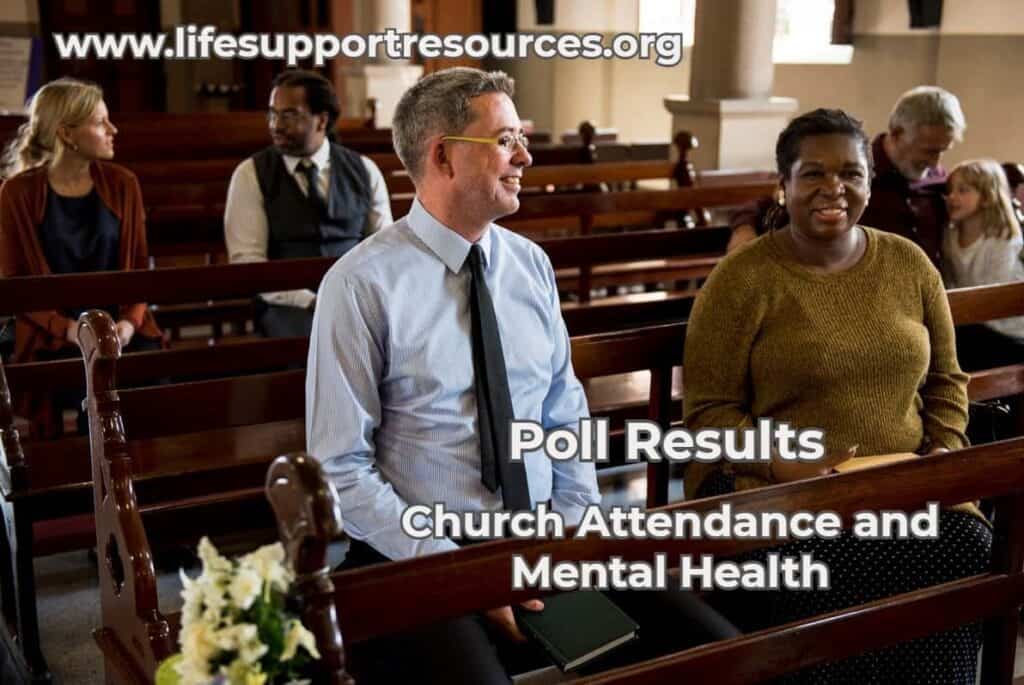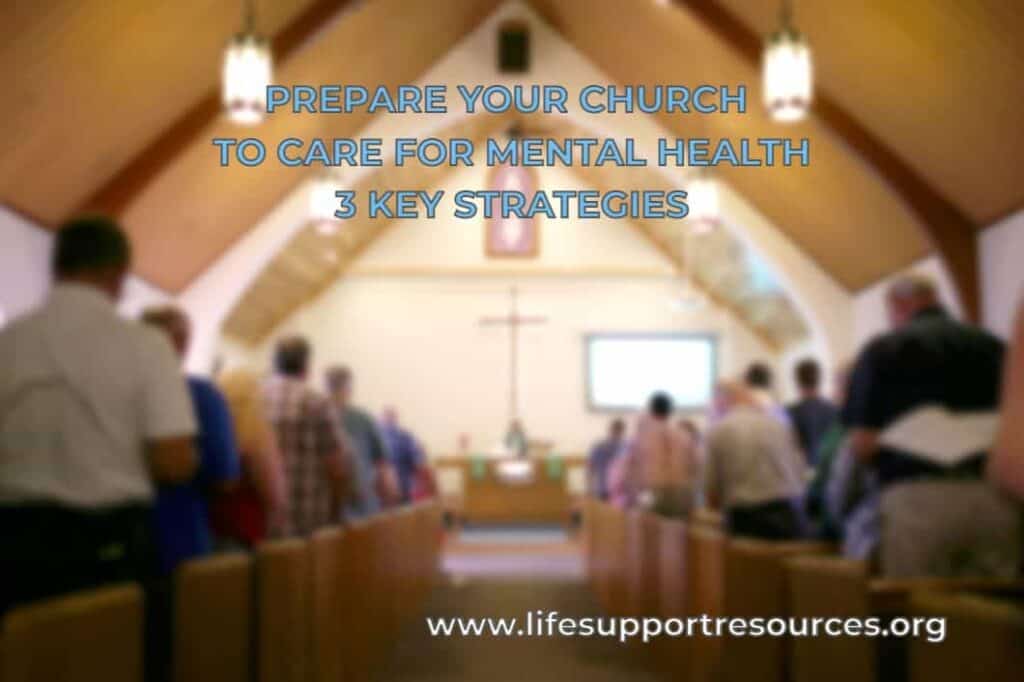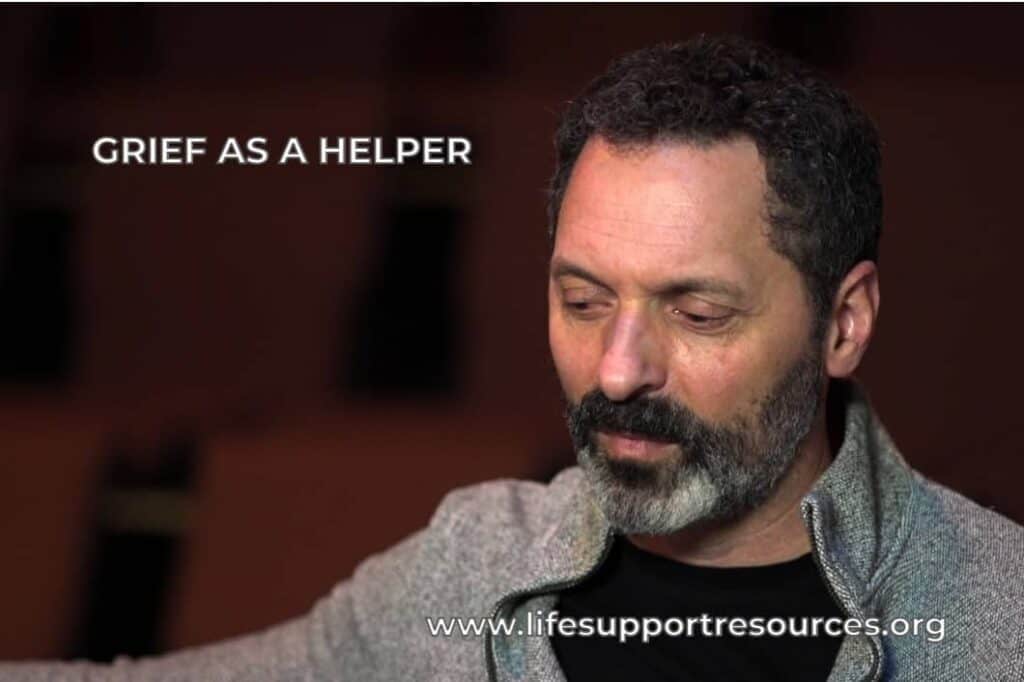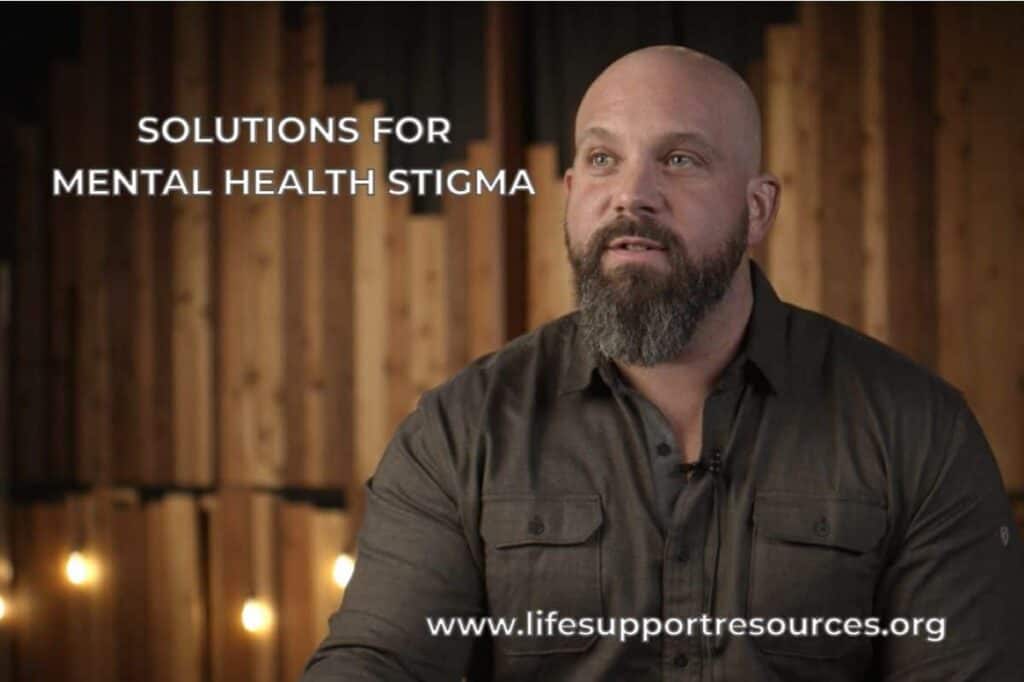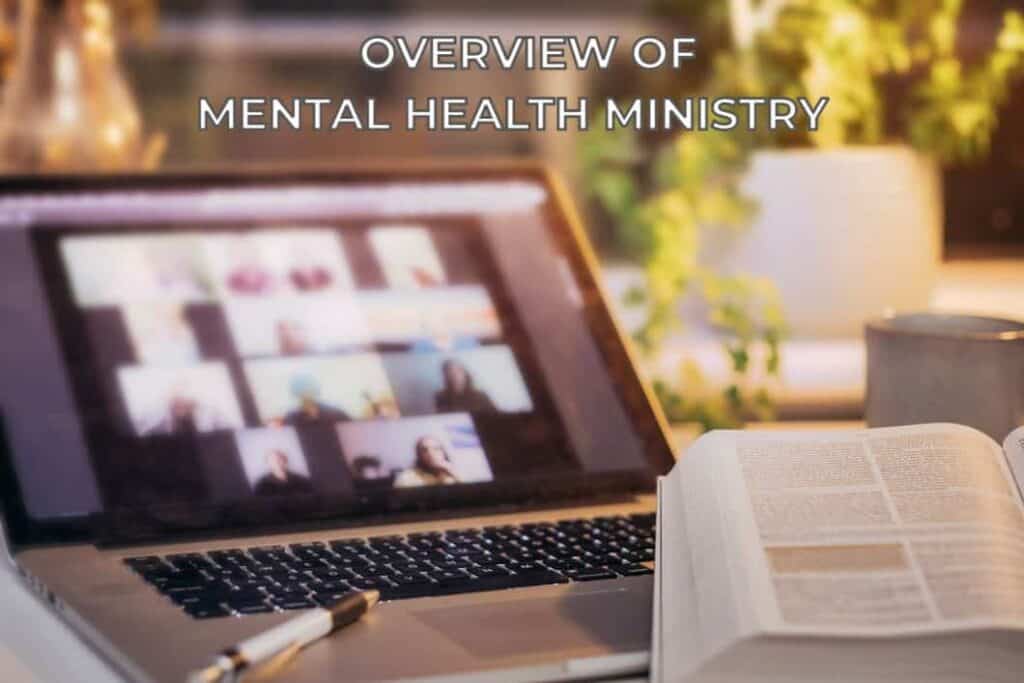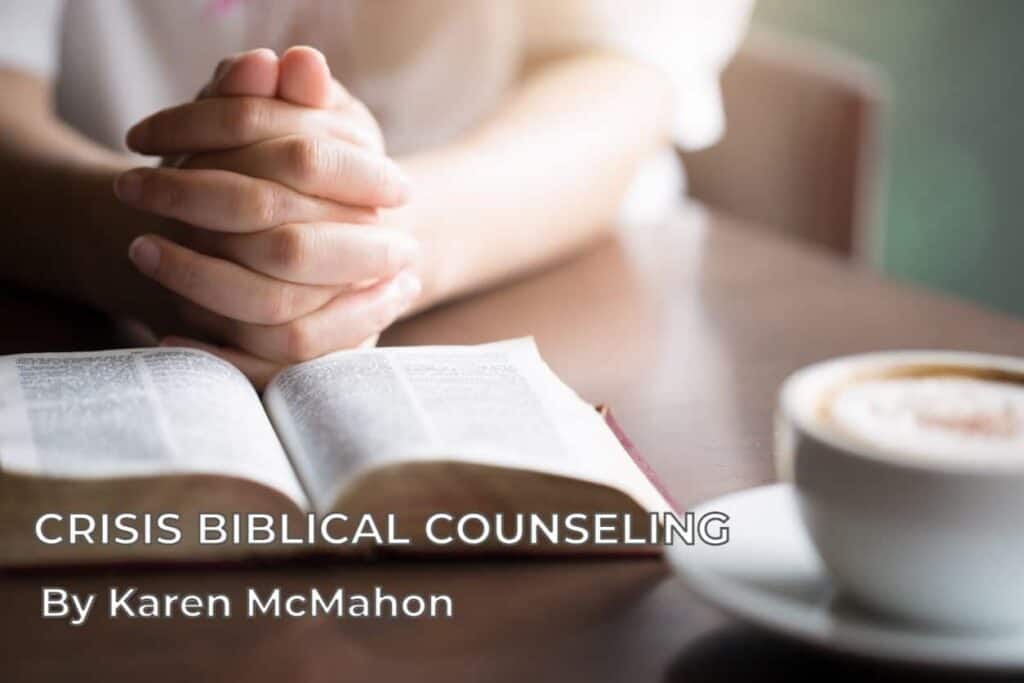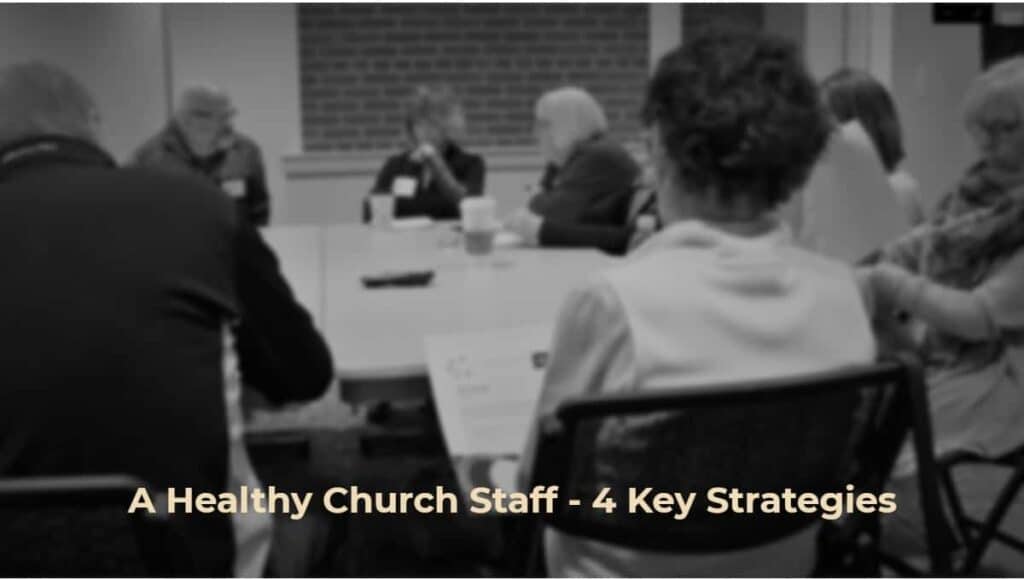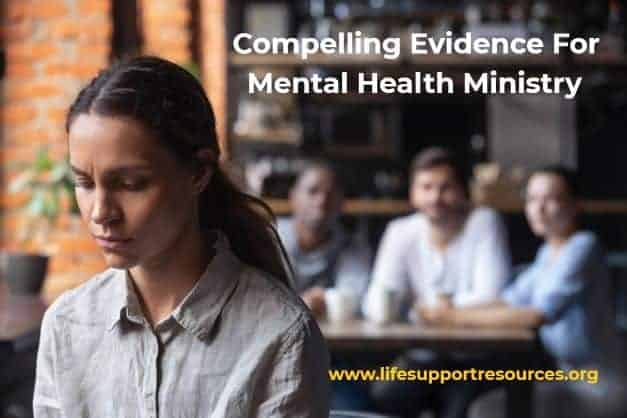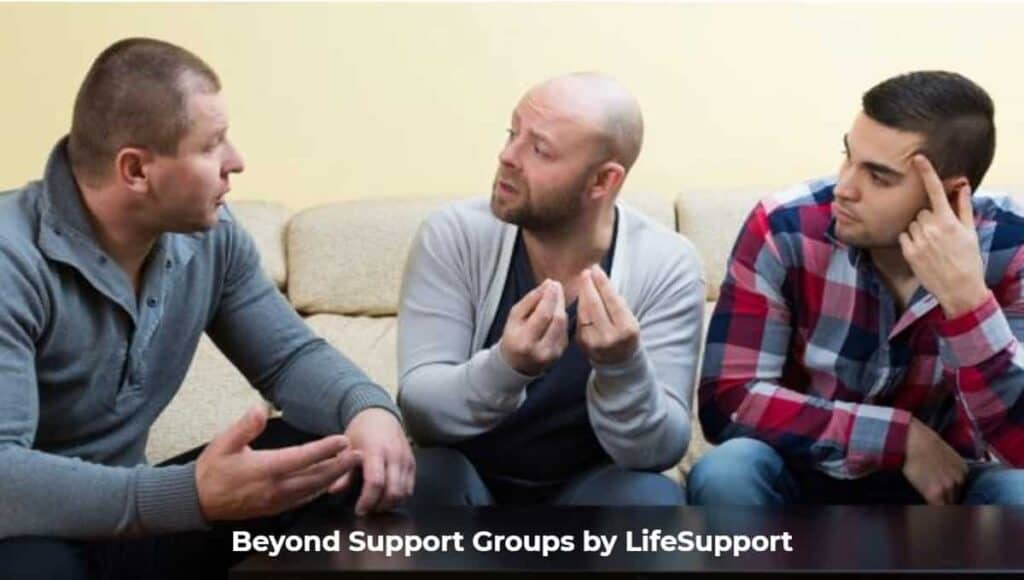Church Attendance Influences Mental Health
Table of Contents
Poll - Attending church helps with mental illnesses
Church attendance influences mental health according to a recent poll. These results are surprising to some in light of the state of mental health generally among Americans.
With recent factors such as Covid-19, racial tensions, political elections, and financial and job losses, the mental health of Americans has taken a hit and that is shown in a recent poll. It’s not surprising that the mental health of Americans has worsened since 2019.
Gallup conducted a poll at the end of 2020 to get a better picture of what actually happened to the mental health of Americans after a very difficult year.
The poll is entitled, “American’s Rating of Their Mental Health as ‘Excellent’ by Demographic Groups from 2019 to 2020.” Every group had a drop in its ‘Excellent’ mental health rating…except one: Those who attended religious services weekly.
‘Excellent’ mental health improved for frequent church goers
Despite the overall drop in mental health across the country, it’s amazing that any demographic would actually improve its ‘Excellent’ rating.
However, that is what happened with those who attended religious services last year. Now, the Gallup poll did not specify what kind of religious services those included, but it would be safe to say that the major religions, including Christianity, were included.
According to the poll, the ‘Excellent’ rating of mental health for weekly churchgoers was improved by 4 percentage points. That is much better than those who attended services monthly (a drop of 12 percentage points) and those who rarely went at all (a drop of 13 percentage points).
Why does attending church improve positive mental health?
What can we take from this information?
First, it is important to remember this poll just surveyed those who consider their mental health ‘excellent,’ it doesn’t survey those who consider their mental health fair or poor. However, it is also important to realize that this poll stated that Americans who considered their mental health as excellent dropped nine percentage points in 2020, a record in 20 years.
Secondly, we need to ask, “Why did the number of people who rate their mental health positively increase, even during one of the hardest years ever for mental health? This is a great conversation-starter for any pastor, ministry leader who is trying to improve the way their church responds to those struggling with mental illnesses.
Start more mental health conversations in your church with our Mental Health Discussion Videos
It's not all good news!
Some churches are afraid to dive into mental health and quickly give a person a referral to a mental health professional. There is nothing wrong with referring someone to a professional, but there is a reason why people with mental illnesses still come to church.
No matter what people are dealing with, they seek hope, faith and love to help them. The church body should be that for anyone going through anything.
The Gallup poll is trying to get the point across that the ratings of Americans’ mental health is sinking to a new low. This should alarm churches about what is happening around them.
The church needs to show the love of Jesus to those battling depression, suicidal thoughts and loneliness and continue to walk alongside them, even if they refer them to a mental health professional.
To view the Gallup poll mentioned in this blog, visit https://news.gallup.com/poll/327311/americans-mental-health-ratings-sink-new-low.aspx

